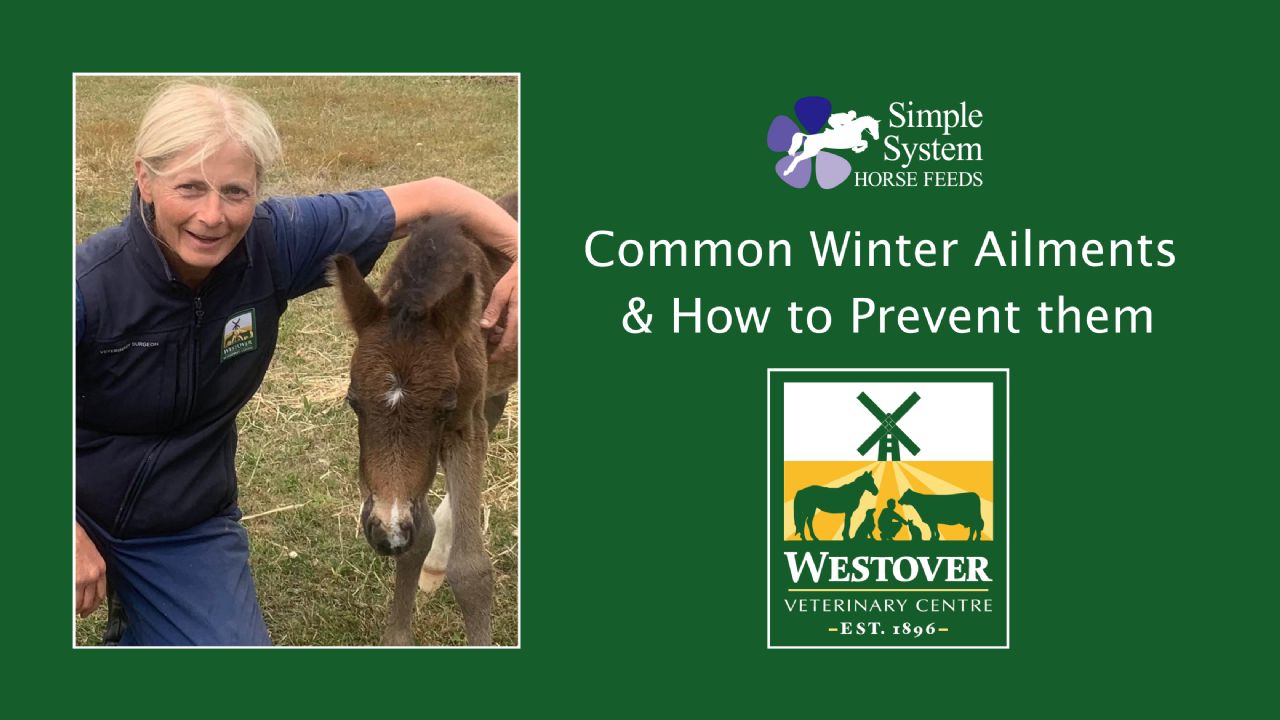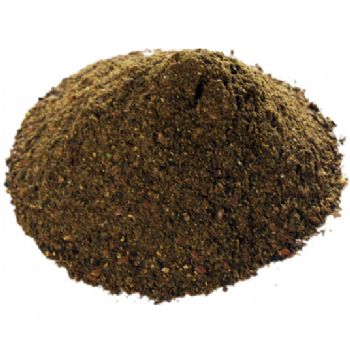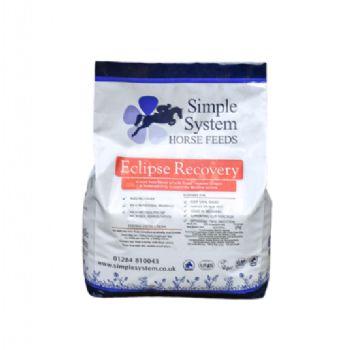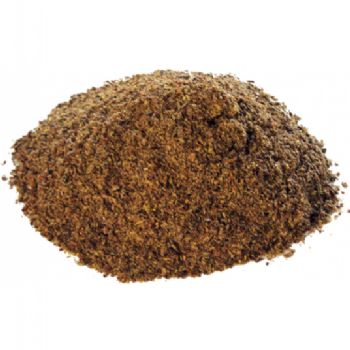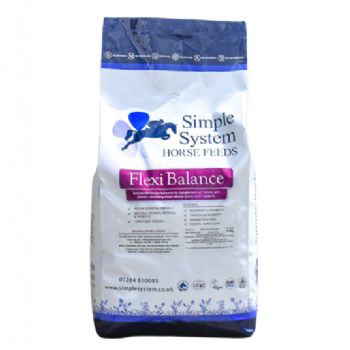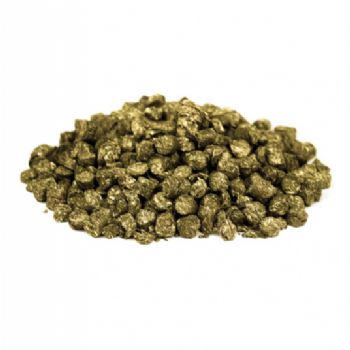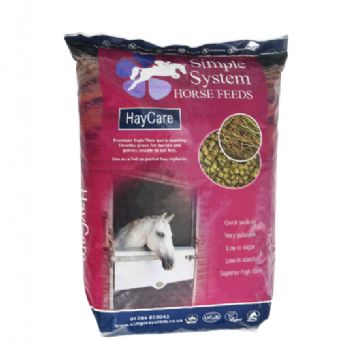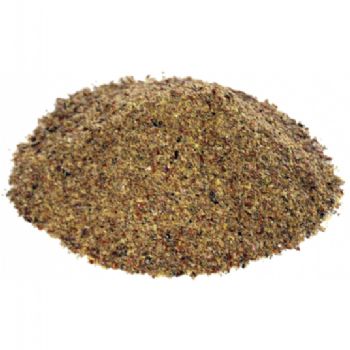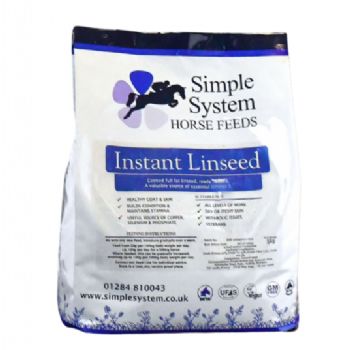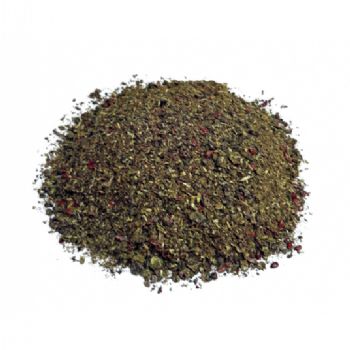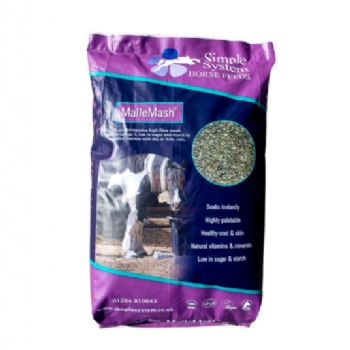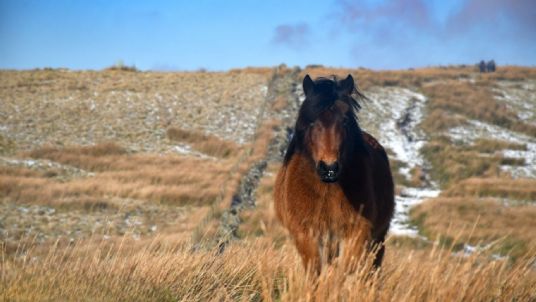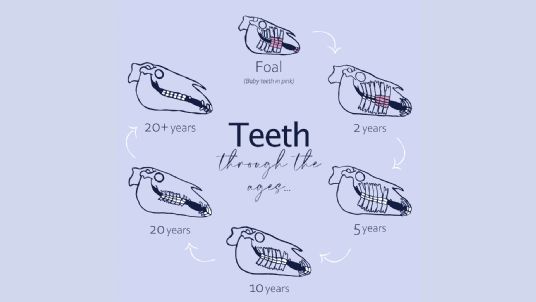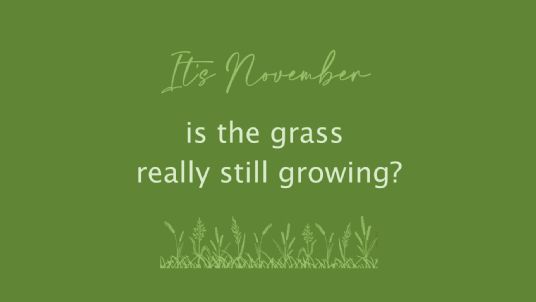We asked Norfolk based practice, Westover Large Animal Vets Ltd., to share the most common health concerns they encounter in equines during the winter months.
Here’s what Senior Veterinary Surgeon, Ann Kent (pictured), had to say...
As the nights draw in and the flies disappear, common health problems equine vets see include:
Impaction colic. Most commonly due to the large intestine being blocked by dry food material. Causes are often management based with a high-risk period when changing from summer to winter routine or snow fall resulting in reduced turnout. Less weather dependent causes are injuries requiring box rest, sand accumulation or general dietary changes – some horses are also poor drinkers, temperature related or not.
Impactions can take several days to clear and on occasion require surgery. They can be fatal so do call your vet immediately if you suspect colic.
Preventative measures include; making all dietary and management changes slowly - this includes time stabled and adding hay / haylage to the diet, providing forage based feeds throughout the year, (which can also help minimise seasonal behavioural changes), supplying clean water ad-lib, ensuring your horse is turned out or exercised daily whatever the weather, and feeding hay and bucket feed on/over rubber matting if the horse is fed outside on sandy soil.
If your horse must be stabled 24/7 for health reasons, feed wet high fibre mashes (such as soaked Simple System feeds) and consider changing to a shavings bed if your horse is likely to gorge on straw, or is stabled suddenly, to prevent a straw impaction.
Mud Fever (pastern dermatitis). Seen more in white limbs and on certain soils, resulting in sores which may be very painful, on the lower limb. Bacteria can enter the skin through small cuts and abrasions which occur more commonly when the skin is wet, just like us getting chapped hands.
Prevention includes providing somewhere dry and mud free to allow limbs to dry, treating leg mites, not using dirty / wet boots and bandages, examining legs thoroughly, daily, to pick up on early lesions, and using “mud boots” in some horses.
Pus in the foot. Foot abscesses are more common in the wet, when hooves are soft and susceptible to penetration by foreign bodies or infection. Providing dry, hard standing helps avoid this.
Skin rashes. Rain scald can be avoided by providing shelter and rugging thin coated horses adequately. In contrast, skin rashes are often caused by overheating, which is becoming more of a problem with modern rug materials and designs.
Ask yourself if you are rugging a horse for their or your sake. Remember that winter is the time horses should drop weight naturally, before the spring grass appears and this is helped by not over rugging.
Equine Asthma Syndrome (EAS). Stabling for longer periods reduces fresh air access, increasing respiratory problems. Use dust free bedding and forage, turn out whenever possible, and groom outside. A horse’s cough reflex is not sensitive, so coughing must not be ignored.
Osteoarthritis. Keep older horses moving whenever possible and provide large deep beds to ensure that they can rest. Use a joint aid or natural anti-inflammatory support, such as linseed in the diet, or prescription pain relief as needed. Speak to your vet if you have any concerns over quality of life.
Ann Kent Cert AVP (EP), BVetMed MRCVS, Senior Veterinary Surgeon, Westover Large Animal Vets Ltd.
